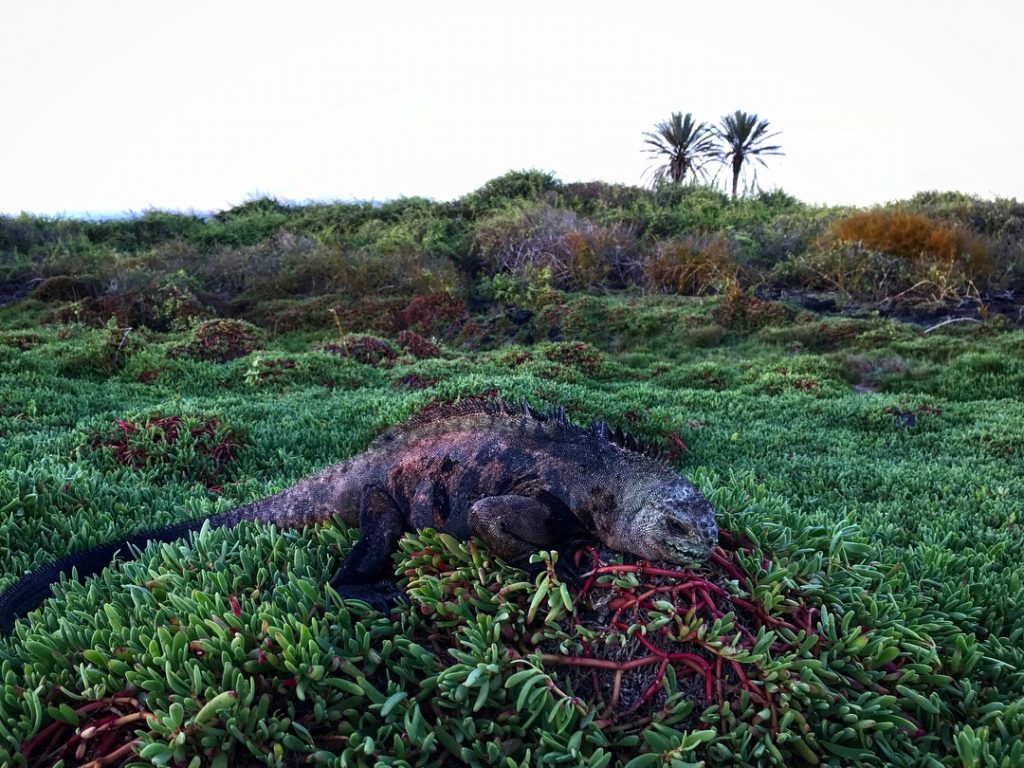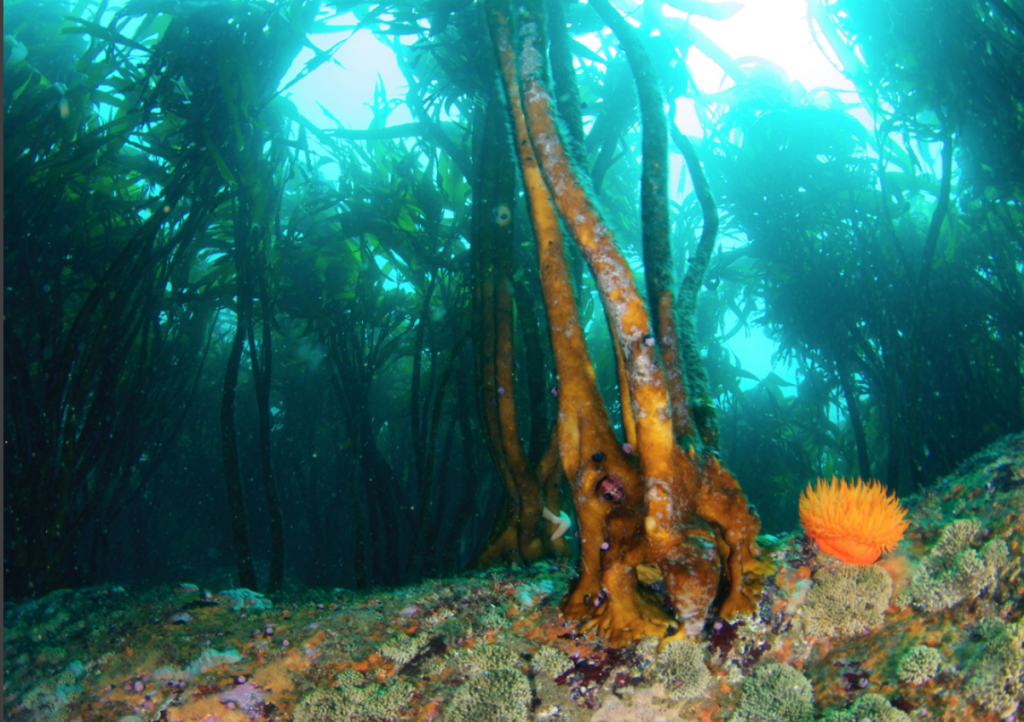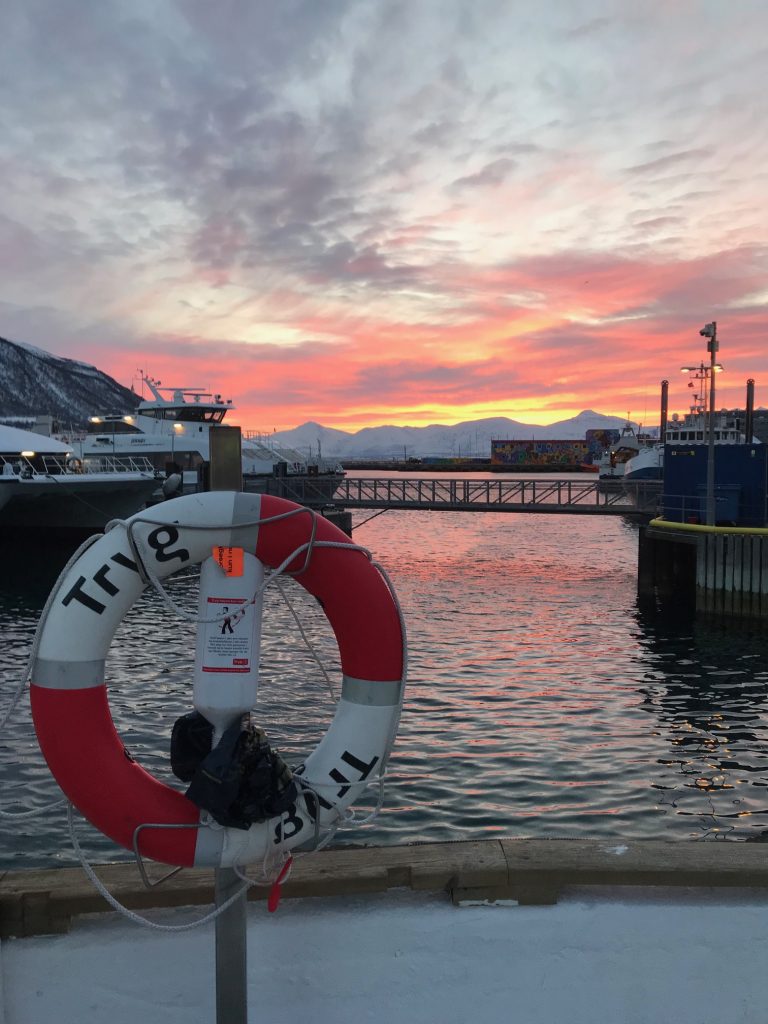The 2017 IGERT cohort kicked off its fellowship program in August with an orientation on the island of Nantucket and a Boston Harbor “boot camp” that gave fellows a chance to work together in teams learning about environmental challenges facing coastal communities in Massachusetts.
The Nantucket orientation provided a taste of IGERT’s transdisciplinary approach to solving environmental problems by immersing fellows in the cultural and natural resources of the island. They met with key stakeholders, experts, and locals to gain a better understanding of its challenges, successes, and opportunities for the future. Staying at the UMass Boston Field Station, they learned about the island’s diverse and complex ecology—one of the primary engines of Nantucket’s economy and an undeniable source of pride and beauty for islanders and tourists alike—and about Nantucket’s whaling history, which has shaped the socio-economic and environmental landscape from the 18th century to today.
Fellows worked in teams, drawing on their diverse expertise and perspectives, to identify challenges facing the island and identify a development path to 2050 that is equitable and sustainable. They later fleshed out these initial ideas into proposals to share with Nantucket stakeholders.
Comparing the group to “an environmental special ops team,” IGERT fellow Jack Whitacre said: “the combination of fast-paced, long hours and different disciplines lent itself to an atmosphere of creativity and intellectual rigor. My biggest take away was that one can’t ‘solve’ a problem without understanding the problem itself. Therefore, in some ways, the problem contains the solution.”
The following week, a three-day Boston Harbor Boot Camp was an opportunity to expand students’ horizons, exposing them to the full spectrum of environmental issues and research in the Boston area. Guided by UMass Boston faculty and graduate students, fellows donned waders to take streamflow measurements in Lower Mills, counted invertebrates in Pope’s Pond, visited the Blue Hills Weather Observatory, flew a drone, trekked through a salt marsh on the Neponset River, sampled Boston Harbor water, and dissected mussels on Lovells Island. Based on this fieldwork, fellows chose mini research projects that they’ll be working on in the coming weeks.
The Boot Camp ended with an expert panel discussion about the history of the Boston Harbor cleanup, its current status, and the future of the harbor and surrounding communities. The talks gave fellows a view into the coastal community that UMass Boston is a part of, and the work that has already been done to make it a healthy ecosystem. IGERT fellow Michael Cole said that the program’s solution-oriented approach “will continue to push our research beyond the classroom, beyond theory, and into the policy-making arena.”



